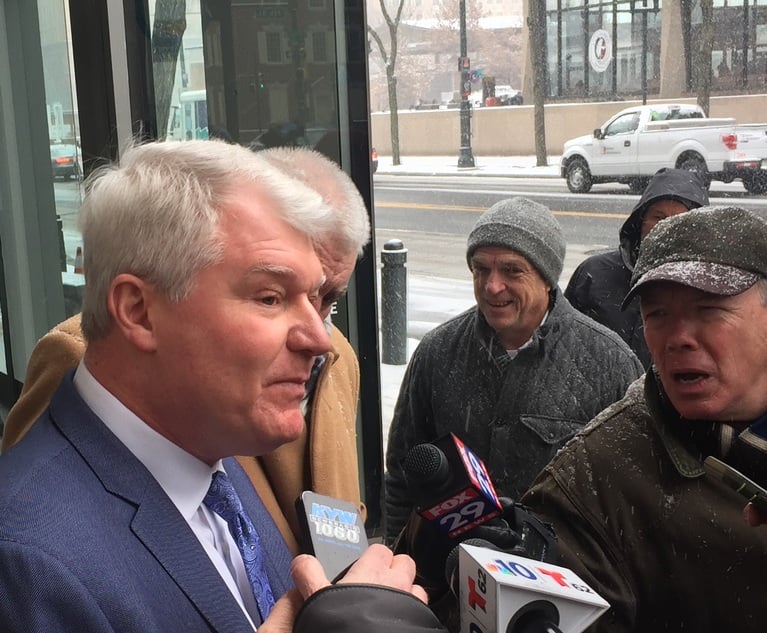The U.S. Supreme Court’s decision in Encino Motorcars v. Navarro interprets a very specific exemption to the overtime rules imposed by the Fair Labor Standards Act, 29 U.S.C. 201, et seq. (FLSA), but the court’s language and reasoning have game-changing ramifications. The court’s rejection of the principle that courts should narrowly construe exemptions to the FLSA turns decades of FLSA case law on its head.
The facts of Encino Motorcars are deceptively narrow. Employees classified as “service advisors” for a car dealership challenged the car dealership’s classification of the service advisors as exempt from the FLSA. The FLSA requires that employers must pay overtime to employees who work more than 40 hours in a week. The dealership claimed the exemption under a statutory exemption that applies to car dealerships. Specifically, the section in question exempts from overtime pay requirements: “Any salesman, partsman or mechanic primarily engaged in selling or servicing automobiles, trucks or farm implements, if he is employed by a nonmanufacturing establishment primarily engaged in the business of selling such vehicles or implements to ultimate purchasers.”


 Patricia C. Collins, Antheil Maslow & MacMinn
Patricia C. Collins, Antheil Maslow & MacMinn




